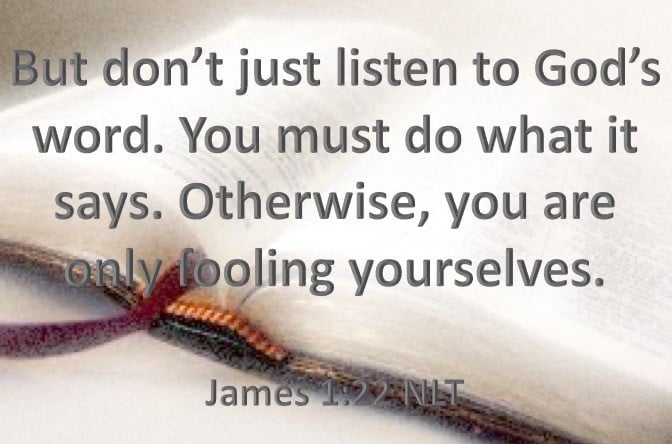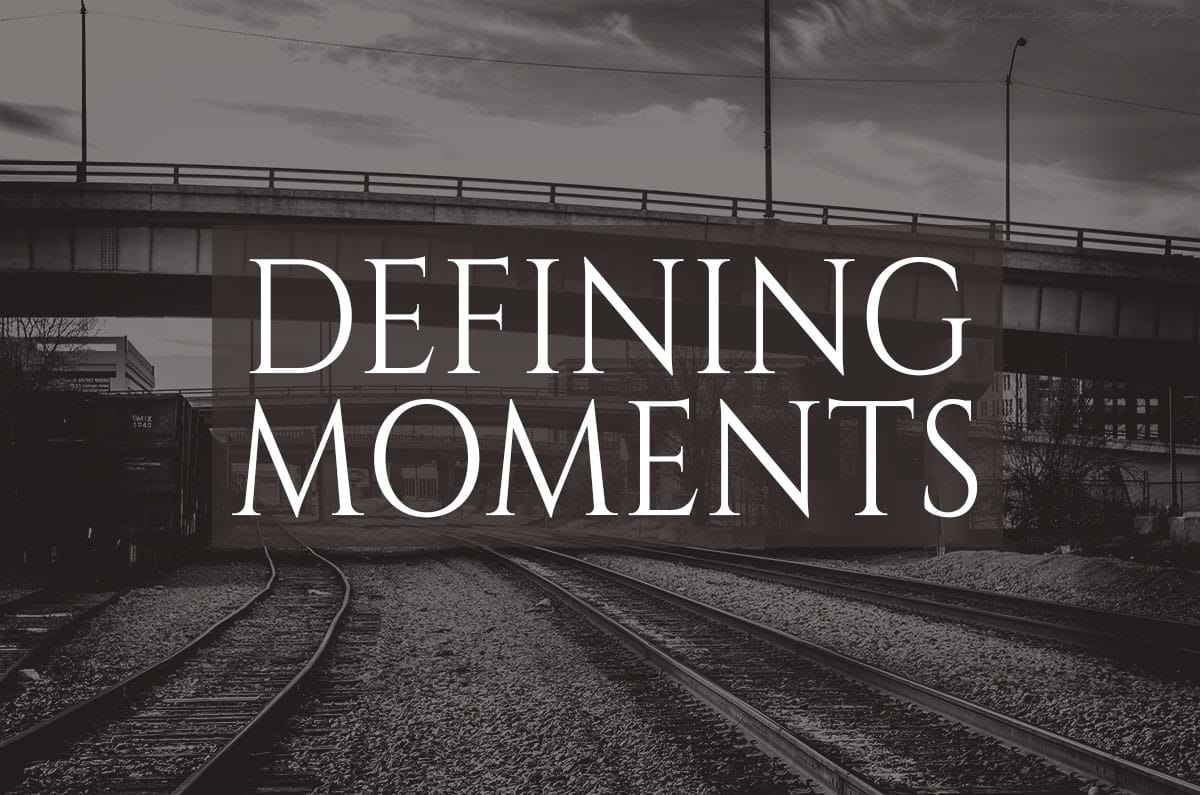
Beliefs and Actions
Last Sunday, at Conduit Church, Pastor Darren Tyler shared this quote by Sheldon Vanauken with us:
“The best argument for Christianity is Christians: their joy, their certainty, their completeness. But the strongest argument against Christianity is also Christians–when they are somber and joyless, when they are self-righteous and smug in complacent consecration, when they are narrow and repressive, then Christianity dies a thousand deaths.”
It was one of those quotes and moments that didn’t sink in completely until later in the day. I do consider myself to be a Christian man, a follower of Jesus Christ. I don’t just go to church for the heck of it. I have made the choice to believe what I believe about God and Jesus and to try to live my life according to those beliefs.
And yet this quote and other parts of Darren’s sermon really made me think.
Do my actions match my beliefs?
Not always. When my actions don’t match my beliefs it’s usually because I’m not truly being present in the moment and I misinterpret a situation. I’m on some kind of lazy auto-pilot just cruising through the day and I react inappropriately to even the smallest thing that I perceive to be a slight. In those moments, I can be somber and joyless, self-righteous and smug, narrow and repressive. I’m probably anything other than the Christ-like example I say and believe I want to be.
I will never be perfect, but that can’t be an excuse for making choices that lead to behaviors that don’t align with my beliefs. I hope and pray that the number of times my actions and beliefs don’t match has decreased over the years as I’ve become more mature in my beliefs, my faith. Like anything else in life, it takes practice to get better at something.
The opening quote for this blog focused on Christianity and Christians. But the question I asked can apply to anyone. Do my actions match my beliefs? If they don’t – what do you want to do about it?
Here are a few things to try that can help:
- Be present in the moment. Be intentional with your thoughts and time.
- In the heat of the moment, if you can, STOP your initial thought and count to 5. That can often be enough time to allow yourself to consider your options and make a real choice about what you will do or say next.
- Learn to forgive yourself and others. We often get stuck in a series of actions that don’t match our beliefs because of unforgiveness.
- Strive to be a little better or do a little bit more today than yesterday. Small improvements add up to big results.
—
To learn more about The Journey Training, visit us at www.thejourneytraining.com. Hope to see you in the next class!


